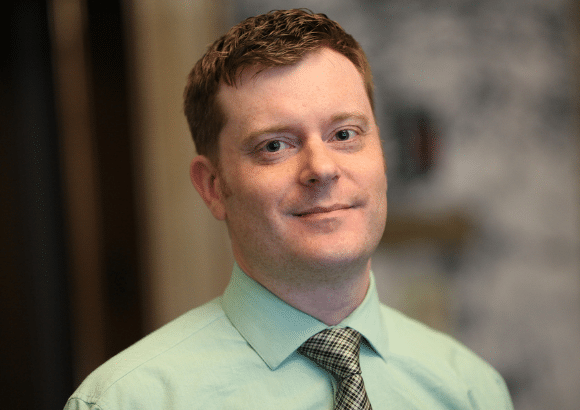Capital gains — profits from the sale of corporate stocks, bonds, and real estate — are heavily concentrated among the richest American households. As the graph below shows, the richest 1 percent of families (those with annual incomes of at least $347,421) received more than three-quarters (75.2 percent) of all capital gains in 2007. By contrast, the bottom 80 percent (households whose annual incomes fall below $70,578) received less than five percent of all capital gains that year.
As the graph shows, a new tax on capital gains in Washington state would be paid almost exclusively by those at the very top of the income scale. In fact, exempting just the first $10,000 of capital gains from taxation would effectively limit such a tax to the richest three percent of Washingtonians.
That is the approach taken in House Bill 2563, which was introduced earlier this morning by Representative Laurie Jinkins. Her proposal includes many of the policy elements suggested in our recent policy brief, “A Capital Reform: Using Capital Gains to Fuel Job Creation and Economic Prosperity in Washington state.”
Specific things to note about HB 2563 include:
- Capital gains are the profits people accrue from selling stocks, bonds, real estate and other assets. The proposal would create a new 5 percent excise tax on capital gains above $10,000 per year ($5,000 for single filers).
- The proposal does not tax all capital gains. The first $10,000 of anyone’s yearly capital gains would be exempt from the tax. The profit from the sale of anyone’s primary residence also would be exempt.
- Under the proposal, for 97 percent of Washington households there would be no tax increase at all.
- This tax on profits from high-end financial transactions wouldn’t affect retirement savings, the sale of farmland, charitable giving, or assets left to family members as part of a will.
- The idea of taxing capital gains is not new: 42 states have already figured out that capital gains are a revenue resource that makes sense. Oregon taxes capital gains at 11 percent and in Idaho the rate is 7.8 percent.
While her proposal couldn’t go into effect soon enough to help address our current budget shortfall, once in place it would generate at least $500 million per year in new job-creating resources. If approved, a capital gains tax would move us toward a revenue system that more equitably shares the responsibility for financing public investments in health care, education, and safe communities.
The bill can be found here.
Stay tuned to schmudget. Tomorrow we’ll show that capital gains have played a key role in widening the prosperity gaps between the richest households and everyone else in recent years.

